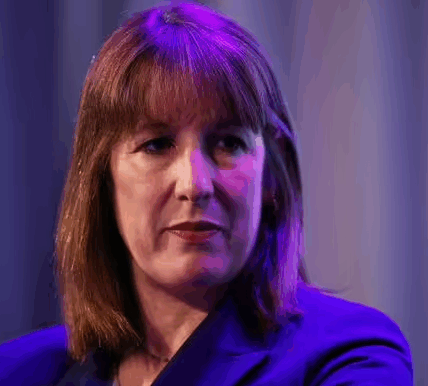Second and third generation immigrants have the option to learn foreign languages.

Tower Hamlets is offering community language classes for second and third gen immigrants. (Image: Getty)
British taxpayers’ money has been spent on funding for “mother tongue” language lessons, which is offered to second and third generation immigrants. Foreign languages such as Somali and Bengali are being taught in Tower Hamlets, London for young people and families. Over £27,000 has been spent on community language lessons in the East London borough between October 2024 and March 2025.
The “mother tongue” project is aimed at “boosting their confidence”, which provides out of school Bengali language classes, as well as cultural activities. Three sessions run every week in school terms, which costs the taxpayer £2,000. This is one of four Bengali classes in Tower Hamlets, with the total amount for the Bengali projects costing over £10,458.

Tower Hamlets is a deprived East London Borough. (Image: Getty)
As part of the community’s black women’s health and family support, a weekly two-hour Somali mother tongue class is also available – this costs the taxpayer £1,500.
An additional £4,900 will also be spent on Lithuanian language classes, as well as lessons on the country’s history, dance, drama and music. This brings Tower Hamlets total spending across various community language schemes to £27,191.
In the East London Borough, less than 30% of people recorded English as their main language, according to the Office for National Statistics.
15.22% of people reportedly have poor English skills in Whitechapel, and 15.63% in Bethnal Green west.
Tower Hamlets has the highest percentage of Bengali speakers in the UK – 10.97% of people have said it is their main language.
Reform UK deputy leader Richard Tice previously told GB News: “After 14 years of total Tory failure on immigration, the chickens have come home to roost.
“Opening the floodgates to millions of new people has made integration into the British way of life almost impossible, and these statistics are testament to that.
“This is not only a cultural problem, but also piles extra pressure on public services, including the NHS, forcing them to fork out millions on translators which could be better spent on frontline staff.”
